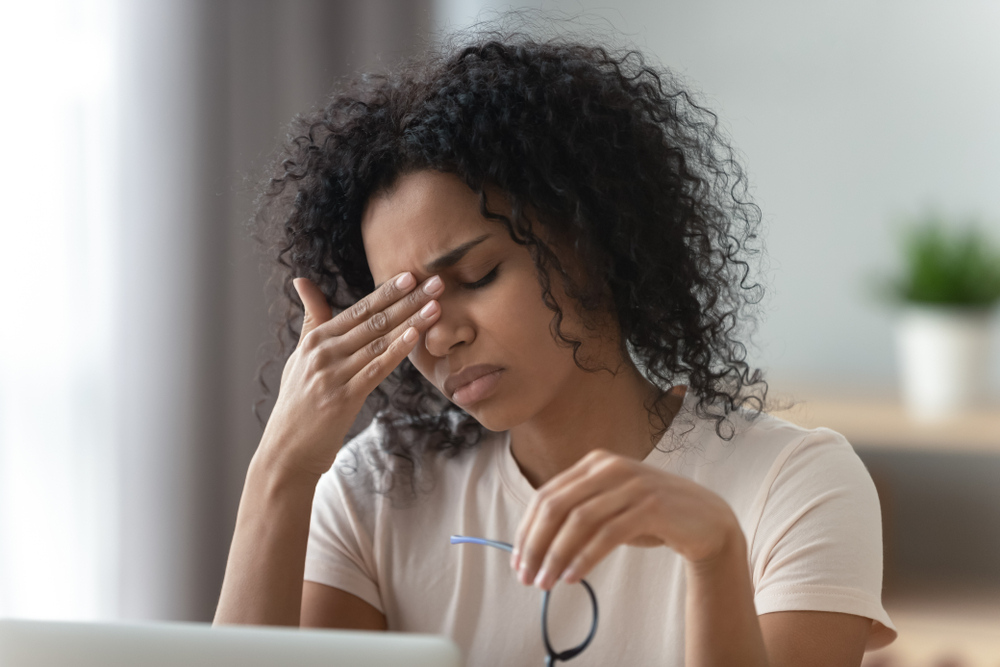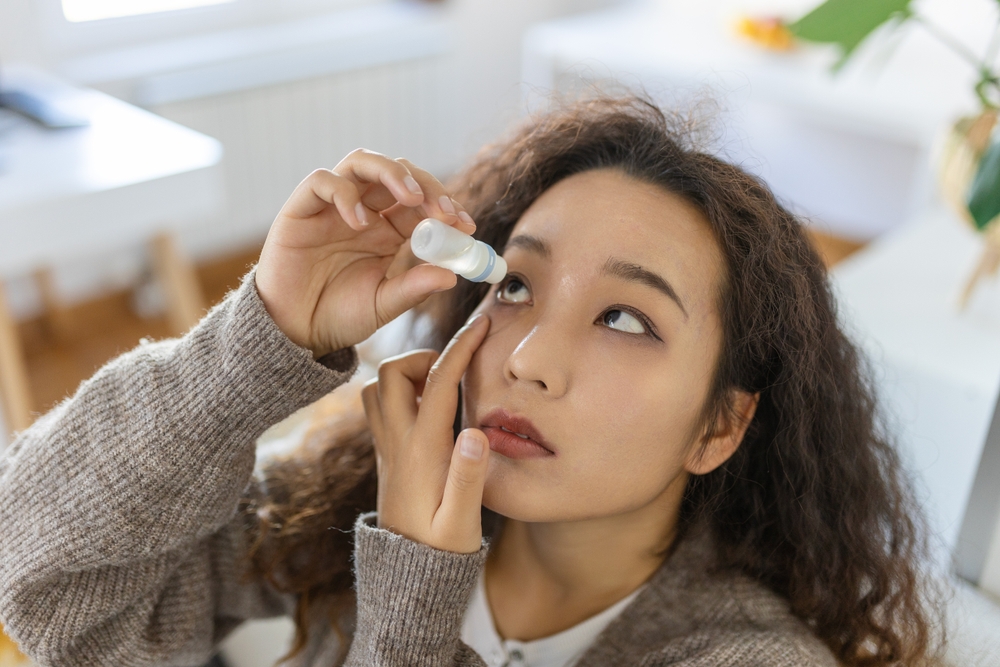Is Hot Weather Causing Eye Irritation, or Do You Need Dry Eye Treatment?
August 15, 2024
Are your eyes dry? If you're suffering from dry eyes, you're not alone.
One of the most common causes of eye irritation is dry eyes. Your eyes can become dry for several reasons.
Dry and hot weather can make your eyes feel dry and more irritated than usual. However, dry eyes often result from a chronic condition called dry eye syndrome.
Dry eye syndrome is a common condition that can lead to serious eye health problems, so getting treatment is essential. But how do you know what's causing your dry eye symptoms?
The only way to know for sure is to receive a diagnosis from your eye doctor. But knowing what exactly causes dry eyes can help you understand why your eyes are irritated.
Keep reading to find out if hot weather is causing eye irritation or if you need dry eye treatment to get the necessary relief.
Dry Eyes in the Summer
 You can usually tell if your eyes are dry by simply recognizing the symptoms, which include:
You can usually tell if your eyes are dry by simply recognizing the symptoms, which include:
- Burning
- Stinging
- Redness
- A gritty feeling in the eyes
- Excessive tearing
- Itching
- Eye fatigue
- Mucus around your eyes
- A foreign body sensation in your eyes, even if nothing is there
These are signs that your eyes aren't getting enough moisture. Your eyes need a healthy tear film to flush out debris and bacteria from the eye.
Your tear film is the layer of tears distributed over your eye each time you blink. If your tear film evaporates too quickly, your eyes can't get enough moisture, leaving them dry, irritated, and without proper nutrients.
Hot weather can cause tears to evaporate more quickly than they should, and dehydration can also contribute to dry eye symptoms. If you're dehydrated and haven't been drinking enough water, your body will struggle to produce enough water for your tears.
During the summer, it's also more common to have the AC on inside, which can lead to a dry environment in your home that can dry out your eyes. Standing or sitting directly underneath the vents can rapidly dry out your eyes, leading to dry eye symptoms.
But dry eyes can be caused by more than just the weather. If your environment causes dry eyes, changing your environment should help alleviate your symptoms.
Drinking more water, staying inside more, using a humidifier, and other measures should help improve your symptoms and help your dry eyes feel less severe. However, if you don't notice an improvement in your symptoms after changing your environment, it could be due to dry eye syndrome.
Don’t let dry eyes get in your way this summer
What is Dry Eye Syndrome?
Dry eye syndrome is a chronic condition. It's more common in older adults and women, especially women going through menopause.
Dry eye syndrome is also more common in adults with inflammatory skin conditions like rosacea. However, anyone can develop it, regardless of age, health conditions, or gender.
An issue with tear production causes dry eye syndrome. Patients with dry eye syndrome don't produce enough tears, or the tears produced are of poor quality and cannot deliver the necessary nutrients.
Your eyes produce three separate tear components, all of which are needed to have a healthy tear film. The inner layer is made of mucus, the middle layer is made of water (called aqueous), and the outer layer is made of oil.
When your eyes struggle to produce one of these components, your tears aren't able to adequately moisturize your eyes. You may not be sure if you have dry eye syndrome.
Hot weather can also exacerbate dry eye syndrome. You may have dry eye syndrome and notice that hot weather worsens it.
Changing your environment may help, at least temporarily. This is why it is necessary to see a team member at Washington Eye Specialists if you have dry eyes, even if the cause may be simply the weather.
The Importance of Treating Dry Eyes
 Chronically dry eyes aren't just uncomfortable and can lead to serious eye health issues, including vision loss. Without a healthy tear film, your eyes are more prone to corneal abrasions from debris and infection from a build-up of harmful bacteria.
Chronically dry eyes aren't just uncomfortable and can lead to serious eye health issues, including vision loss. Without a healthy tear film, your eyes are more prone to corneal abrasions from debris and infection from a build-up of harmful bacteria.
When a corneal abrasion becomes infected, it can then become a corneal ulcer. Corneal ulcers are quite painful and can have lasting consequences on your health.
Even when they eventually heal, ulcers tend to scar, and that scar tissue can damage your vision, making it harder to see.
A scarred cornea is very difficult to treat. But dry eye syndrome is highly treatable; you just need to take the initiative to see a professional!
See Your Eye Doctor
Your ophthalmologist can assess your tear quality by analyzing a sample of your tear film. They'll see if you're lacking in any of the three tear components, allowing them to not only tell if you have dry eye syndrome but also what specifically your tear film is lacking.
This will help them recommend the best treatment.
Dry Eye Treatment
Most eye doctors first recommend lifestyle changes and over-the-counter medications to start when it comes to treating dry eye syndrome. This may include nutritional changes, eyelid hygiene, and lubricating eye drops.
Many patients can improve their dry eye symptoms by using these home remedies. But you'll also likely need some professional treatment as well.
Your eye doctor can prescribe eye drops and, depending on the severity of your condition, recommend in-office therapies.
If your eyes feel irritated this summer, you don't have to live with dry eyes. Take the next step by requesting an appointment today at Washington Eye Specialists in Washington, DC!



